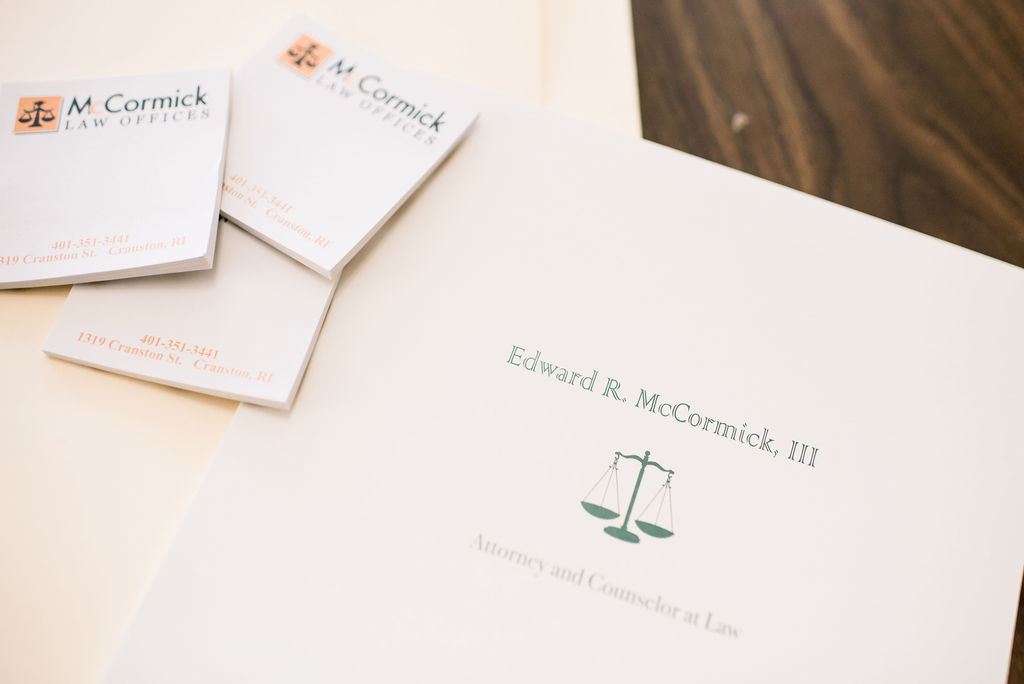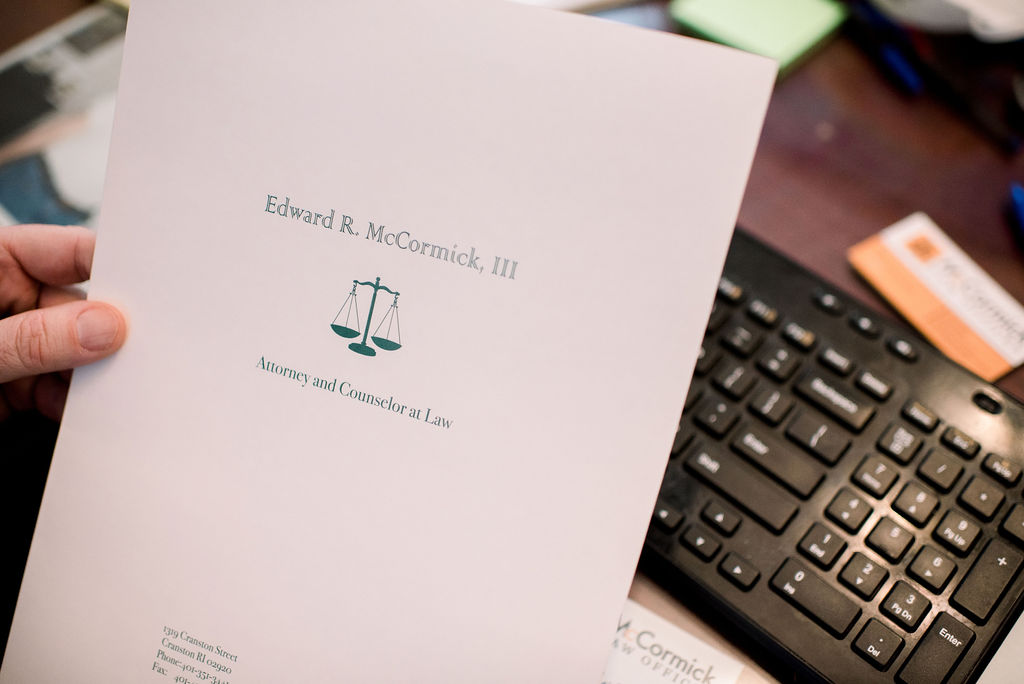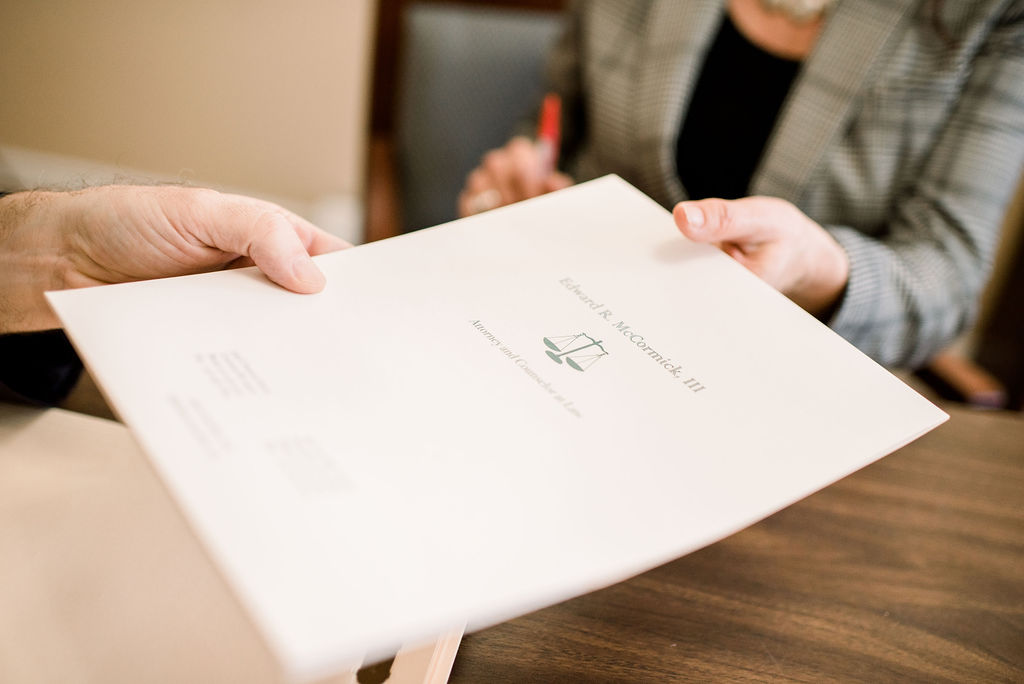Estate planning isn’t just for the wealthy—it’s for anyone who wants to protect their assets and care for their loved ones. But many people ask: Do I need a will or a trust—or both? The answer depends on your goals, your assets, and how you want those assets distributed. In Rhode Island and Massachusetts, the right combination of tools can help your family avoid court delays, minimize taxes, and prevent disputes.
What Is a Will?
A will is a legal document that outlines how your assets should be distributed after your death. It also allows you to:
- Name an executor to carry out your wishes
- Appoint guardians for minor children
- Make specific gifts or charitable bequests
However, a will must go through probate, a court-supervised process that can take several months and become public record.
What Is a Trust?
A trust is a legal arrangement where one party (the trustee) holds and manages assets on behalf of another (the beneficiary). Trusts come in many forms, but the most common for estate planning is the revocable living trust.
Benefits of a trust include:
- Avoiding probate: Assets placed in the trust transfer directly to beneficiaries
- Privacy: Trusts are not public record
- Flexibility: You can control when and how assets are distributed
- Incapacity planning: A successor trustee can manage your affairs if you become unable to
Will vs. Trust: Key Differences
| Feature | Will | Trust |
|---|---|---|
| Probate required? | Yes | No (if fully funded) |
| Effective when? | After death | Immediately upon signing |
| Public or private? | Public record | Private |
| Controls minor children? | Yes (guardianship) | No (separate guardianship plan) |
| Manages incapacity? | No | Yes (via trustee) |
| Cost to set up? | Lower upfront | Higher upfront, lower long-term |
Do You Need Both a Will and a Trust?
In many cases, yes. A well-structured estate plan often includes both:
- A trust to manage and transfer major assets (homes, accounts, investments)
- A pour-over will to catch any assets not titled in the trust and direct them into it after death
- A will to appoint guardians for minor children or manage specific instructions not handled by the trust
If you only have a will, your estate may go through probate. If you only have a trust, assets not transferred into it could still require probate.
How to Decide What You Need
Consider a will if:
- You have a simple estate
- You’re early in the estate planning process
- You want to name guardians for children
Consider a trust if:
- You want to avoid probate
- You own real estate in multiple states
- You want to control how and when beneficiaries receive assets
- You have privacy concerns
An estate planning attorney can help determine what makes sense for your situation and guide you through setup.
Explore Probate & Estate Services
Related Reading
Final Thoughts
Deciding between a will or a trust depends on your goals, assets, and family needs. In many cases, a blended approach offers the greatest protection and flexibility. An experienced attorney can walk you through your options and help you create a plan that ensures your wishes are followed and your loved ones are protected.
Not sure if you need a will, a trust, or both?
Contact McCormick Law Offices for tailored estate planning advice in Rhode Island and Massachusetts.







